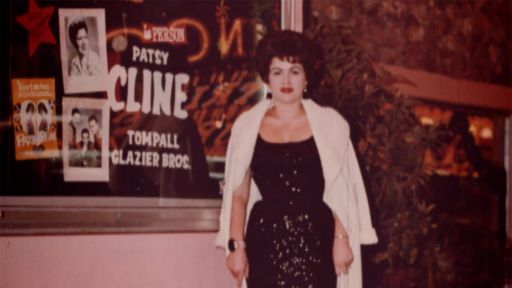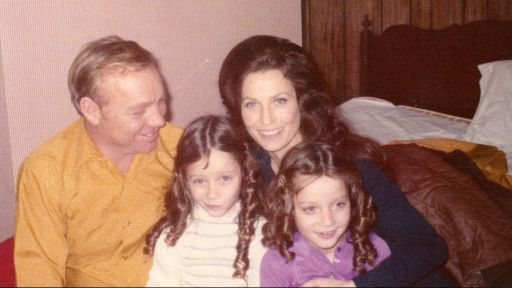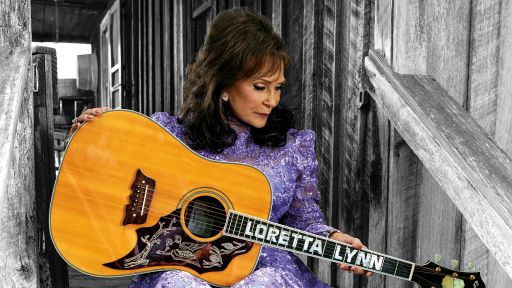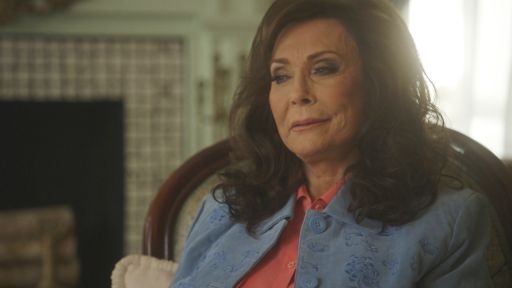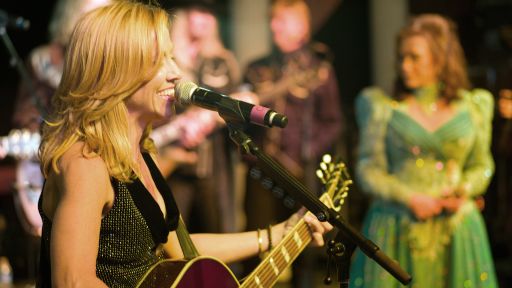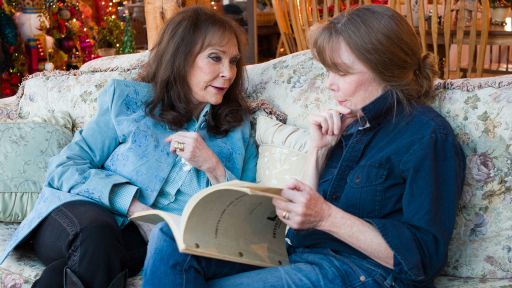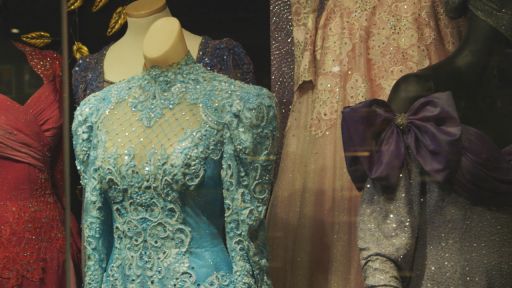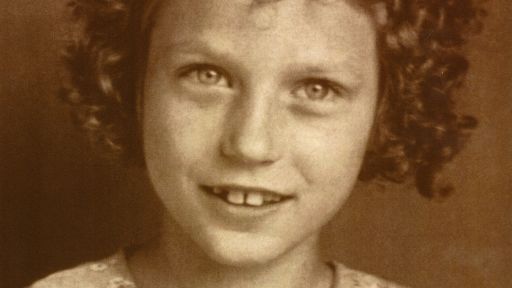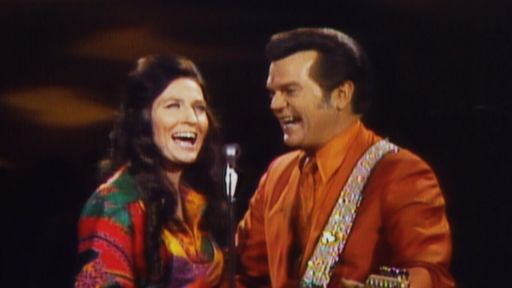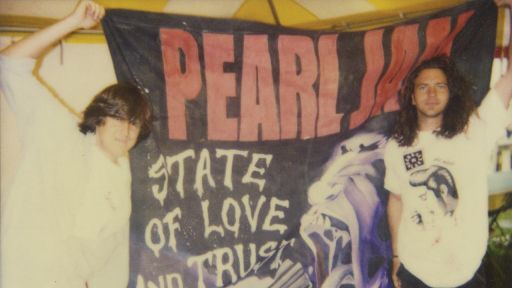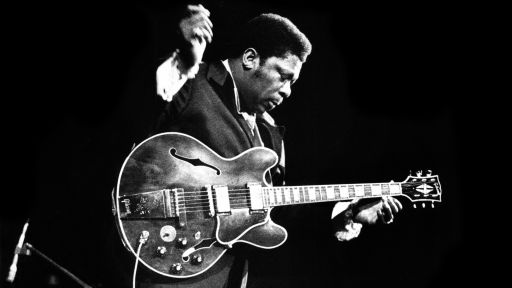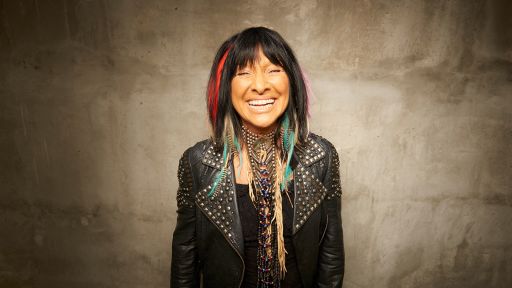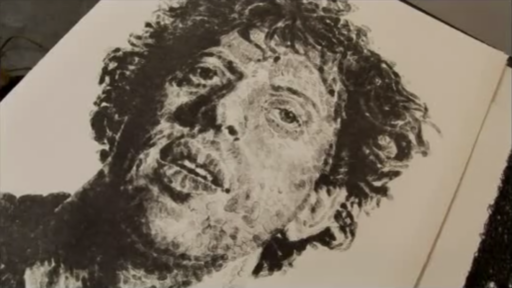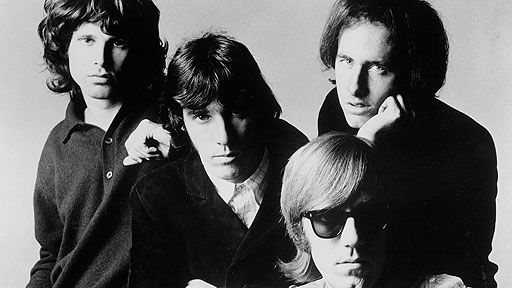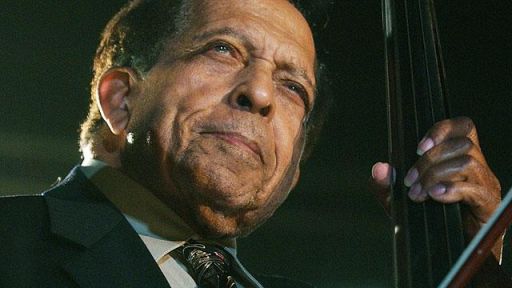Inducted into more music Halls of Fame than any female recording artist to date, Loretta Lynn (b. April 14, 1932) has earned four Grammy Awards, Kennedy Center Honors and a Presidential Medal of Freedom, and sold more than 45 million records worldwide. Still going strong after more than 50 years, “The Queen of Country Music” is the subject of the documentary Loretta Lynn: Still a Mountain Girl.
With unprecedented access to Lynn, her family and archives, Still a Mountain Girl features never-before-seen home movies, performances and photos, as well as insightful interviews with her friends and fellow musicians, including Jack White (producer of Lynn’s Grammy-winning album Van Lear Rose), Sheryl Crow, Willie Nelson, Garth Brooks, Trisha Yearwood, Reba McEntire, Miranda Lambert and Bill Anderson.
The documentary also features never-before-seen footage of Lynn in the studio with producer John Carter Cash, as she records Full Circle and other new songs at the Cash Cabin Studio in Hendersonville, Tenn. Filming with Lynn, her family and business team also took place at her ranch and other locations in Hurricane Mills, TN, the community she formed as a re-creation of her Appalachia birthplace, Butcher Hollow, KY, where she was raised in poverty. Other interviews include Sissy Spacek, who starred as Lynn in the Oscar-winning biographical film of her life, Coal Miner’s Daughter (based on Lynn’s 1976 autobiography), and its director Michael Apted.
Loretta Lynn: Still a Mountain Girl explores Lynn’s hard-fought road to stardom, her struggles to balance her marriage to Oliver “Doolittle” Lynn and six children with her music career, her friendships and collaborations with Spacek, Patsy Cline, Conway Twitty, Johnny Cash, June Carter Cash and music producer Owen Bradley, along with her life on the road, her Nashville and Hurricane Mills communities, her songwriting inspirations and her music’s lasting impact on her peers and fans.
“She’s written anti-war anthems, songs about birth control, pregnancy and divorce, all with a sincerity and honesty that transcends music genres, politics and gender,” said executive producer Elizabeth Trojian of Yap Films Inc.
“You couldn’t make up a better example of the American Dream than Loretta Lynn’s astonishing rags-to-riches story. Her 48-year marriage to Doo and their rare partnership is also one of the great love stories of our times,” said executive producer Elliott Halpern of Yap Films Inc.
“You don’t have to know country music to love Loretta Lynn,” said Michael Kantor, executive producer of American Masters. “Somehow the Lynn family makes you feel like there is a little country in all of us.”
“Being part of the American Masters series makes you feel like, “Hey, I really have accomplished something great,” said Lynn.

